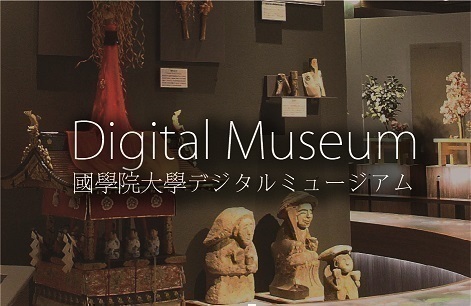- トップ
- Encyclopedia of Shinto
- Ofune matsuri
Encyclopedia of Shinto
| Main Menu: | |
| Links: |
詳細表示 (Complete Article)
| カテゴリー1: | 5. Rites and Festivals |
|---|---|
| カテゴリー2: | Individual Shrine Observances |
| Title | Ofune matsuri |
| Text | "Boat festival." A festival held May 4–5 at Susukigawa Shrine in Matsumoto City, Nagano Prefecture. The nine villages associated with the old woodlands in the area dispatch nine boats (ofune) for the festival, each "boat" being a wooden frame in the shape of a boat draped with cloth. Decorated with warrior figures and other items, the boats are towed along to the accompaniment of music (ohayashi). The boats gather on the grounds of the shrine (keidai), where they are purified (see shubatsu) by the priests (shinshoku). A number of boat festival traditions have been handed down in the Azumi region of Nagano Prefecture. The main annual festival (reisai) at Hotaka Shrine in Hotaka Township, Azumi District, held September 26–27 is also commonly referred to as an ofune festival. Five festival floats (yamadashi) of varying sizes fashioned from trees into the shape of boats and decorated with human figures and leaves from Cryptomeria trees are towed about. At the lower shrine of Suwa Shrine in Shimo-Suwa Township, Suwa District, Nagano Prefecture, there is a festival for transferring the kami (senzasai) from the spring shrine (harumiya) to the autumn shrine (akimiya) on August 1 and another for the move back again on February 1. The festival on August 1 is an especially grand event called the ofune matsuri. A large float in the form of boat made by piecing together brushwood is wrapped in cloth. Two life-sized figures of an old man and an old woman are placed on top, and the assemblage is towed by several thousand of Suwa's parishoners (ujiko) from the spring shrine to the autumn one. A procession bearing the place within the shrine in which the kami will reside (see shinza) makes its way to the autumn shrine along a different approach to the shrine. When the assemblage reaches the shrine, the brushwood boat is broken up, the figures of the old couple are erected at the side of a sumō wrestling ring, and several bouts of sumō dedicated to the kami are held. — Mogi Sakae |




